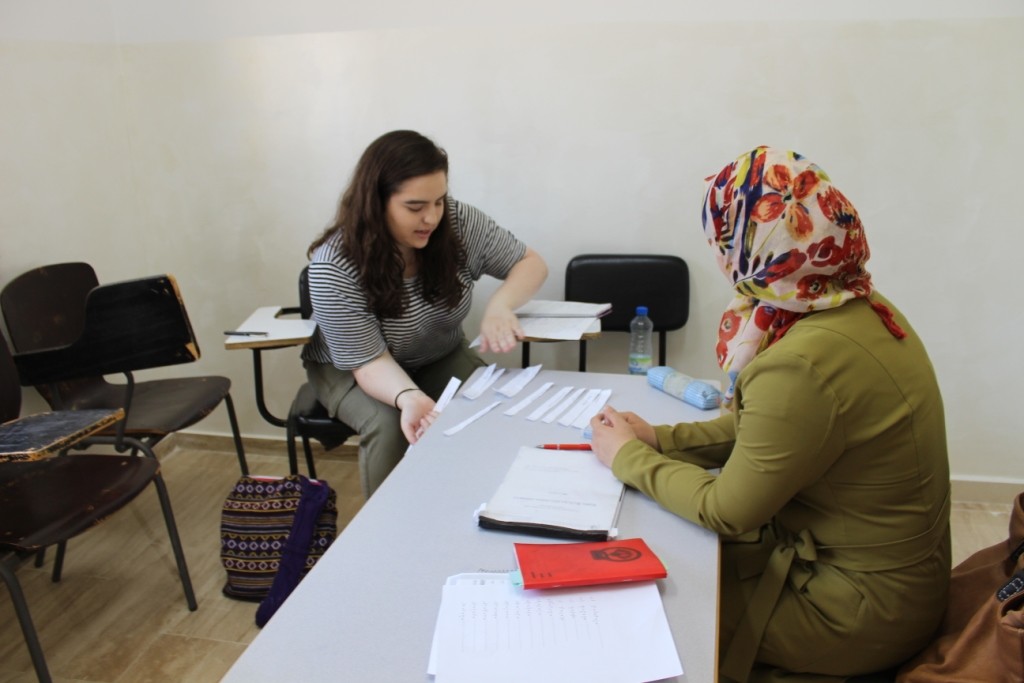Learning Arabic in the West Bank: When you arrive in the West Bank as an English speaker possibly the first thing you notice will be the language. Alien looking, with its intricate script emblazoned on every shop front and billboard, Arabic seems impenetrable. It trips fluidly off the tongues of everyone from bus drivers to fruit sellers with only the occasional recognisable word breaking through the incomprehensible music.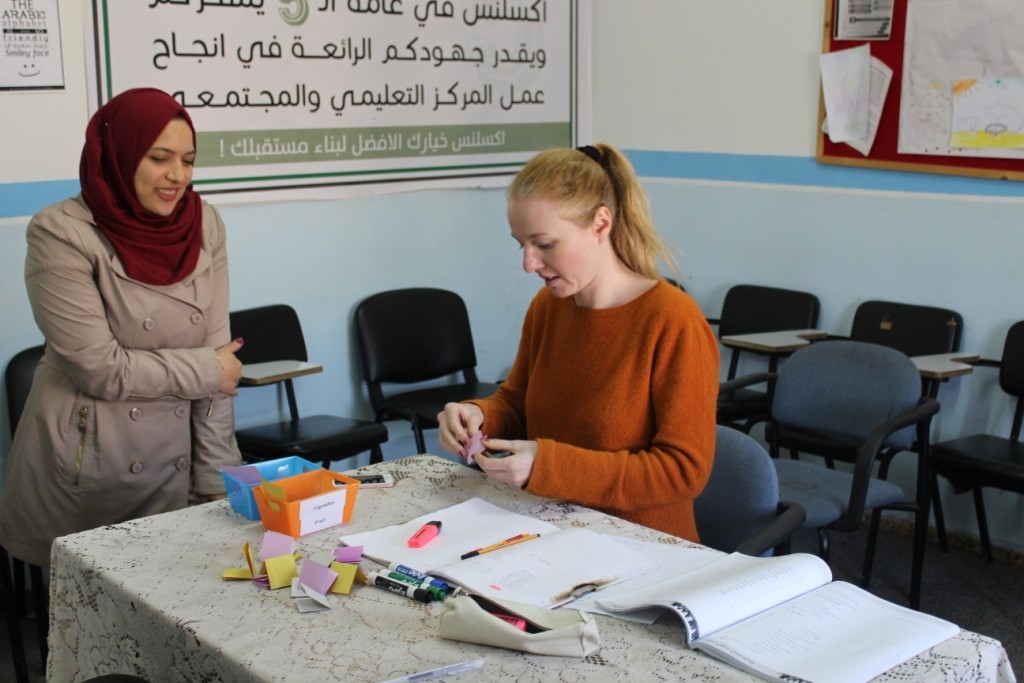
As many people in the area speak at least a little English, it is possible to get by in Palestine without speaking any Arabic. Smiling and looking helpless will get you where you need to go. However, it is much less fun to skate through interactions by relying on the kindness of those you meet. Learning Arabic in the West Bank is hugely rewarding, both for its own sake and for the gratification expressed by many Palestinians when they see you making an effort to speak their language.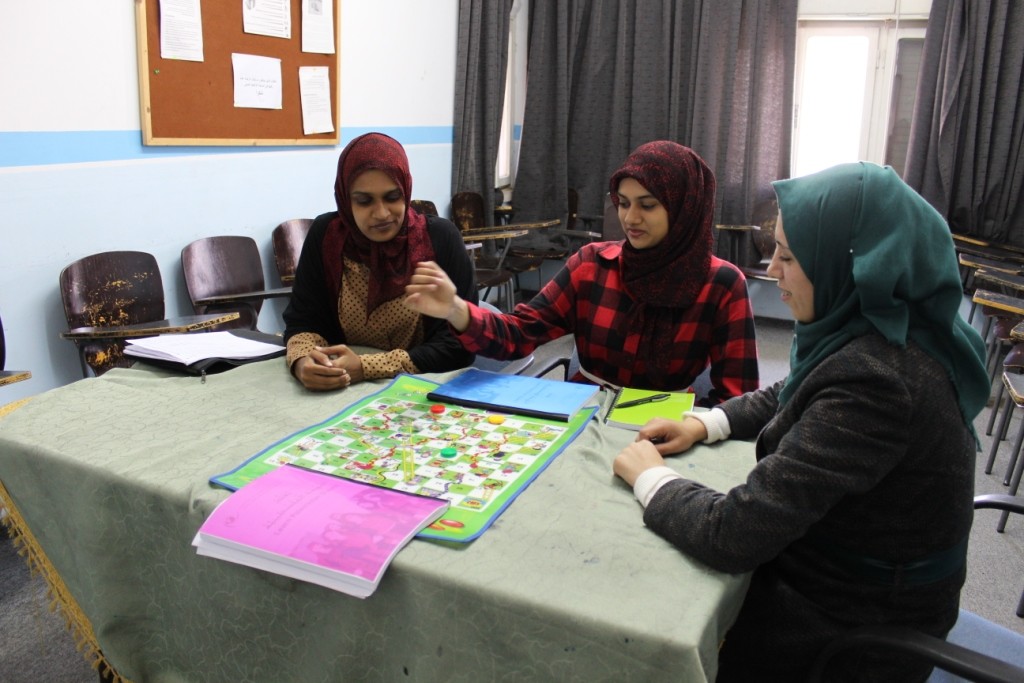
If you are keen on learning Arabic in the West Bank, it is worth committing a little time to mastering the alphabet and some basic greetings before arriving in Palestine because it will take time to grapple with this completely foreign script and way of forming words (as well as the novelty of writing from right to left). If you take this advice, then upon your arrival in the West Bank, you can throw yourself into practicing conversational Arabic and expanding your vocabulary as much as possible.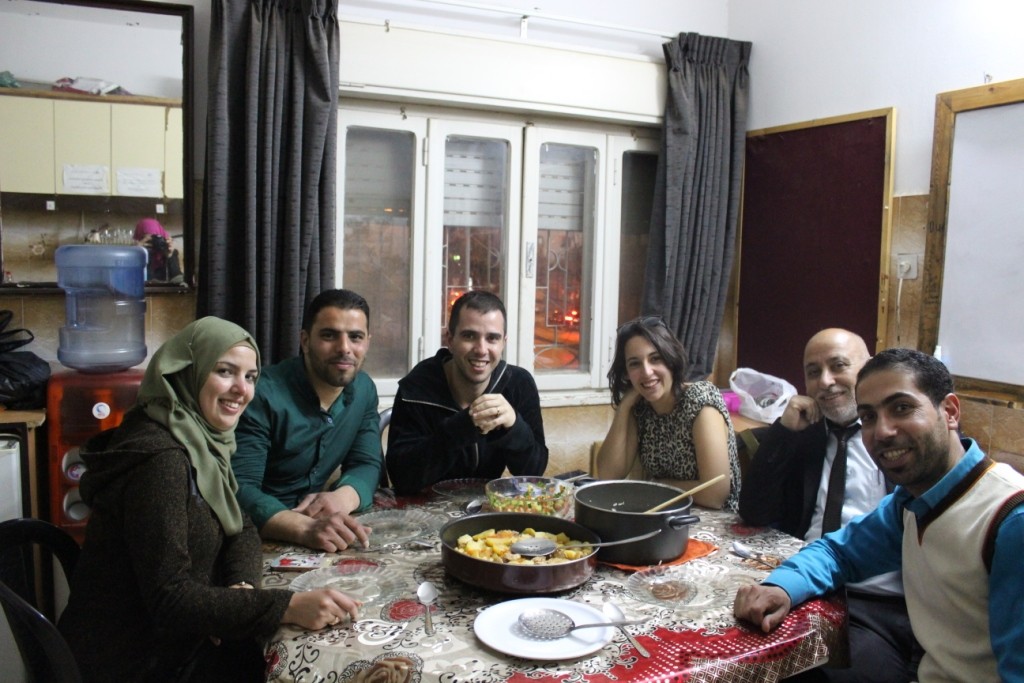
One important thing to note is that the Arabic spoken in the West Bank differs hugely from the Arabic you might have learned at university in your home country. Most Arabic courses will offer Fusha, or Modern Standard Arabic, which the official language taught to children in all Arabic speaking countries. However, each area in the Arab world has its own unique dialect of Arabic, with its own phrases, words and grammatical constructs. For example, in the West Bank, people speak a subgroup of Levantine Arabic. Speaking Fusha won’t always reap rich dividends, as some people don’t understand it. Furthermore, Arabic in Hebron differs from Arabic in the surrounding villages or in Gaza, demonstrating the regions’ linguistic richness but also offering difficulties for learners.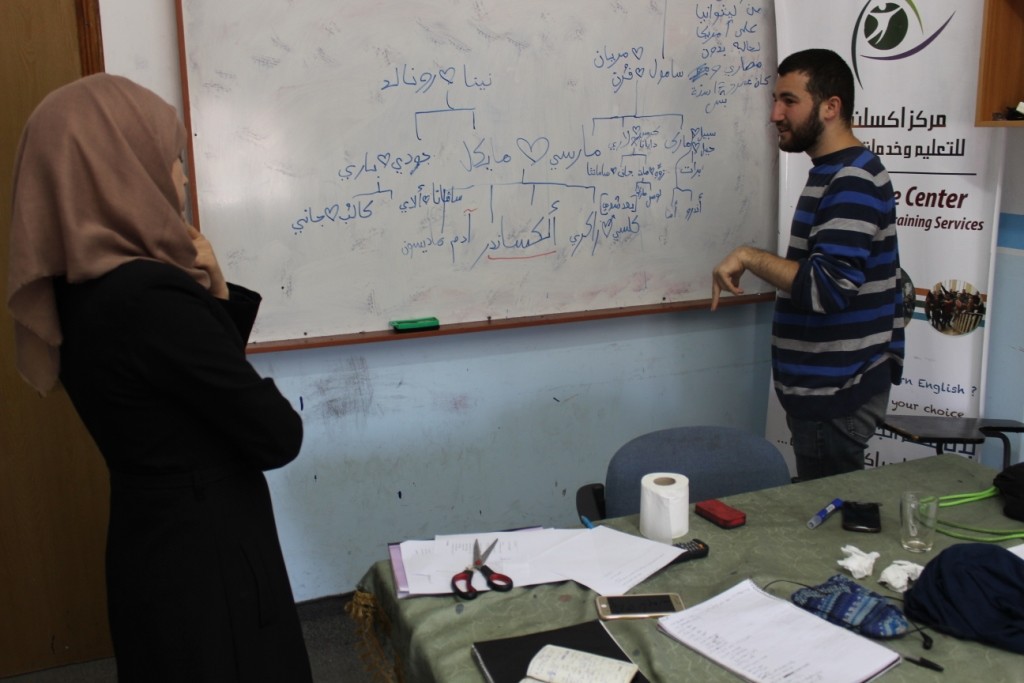
Obviously formal lessons such as those offered to all volunteers by the Excellence Center, are the best way to really improve your fluency in Arabic. Claudia is participating in the Study Arabic in Palestine programme. Claudia says: ‘I came here with zero Arabic and by the end of the third day I was able to read and write. I feel I was immersed in the Arabic language. It can also be very helpful to talk to people in the street and in the home. In this way I learnt the words for teddy bear and watermelon as well as the command ‘Eat!’ which will definitely crop up any time you eat in the house of a Palestinian grandmother. In short, learning Arabic in the West Bank can feel like dipping a toe into a complicated and unfamiliar world. But as with so many things, the more effort you put into it, the more sense it will begin to make.